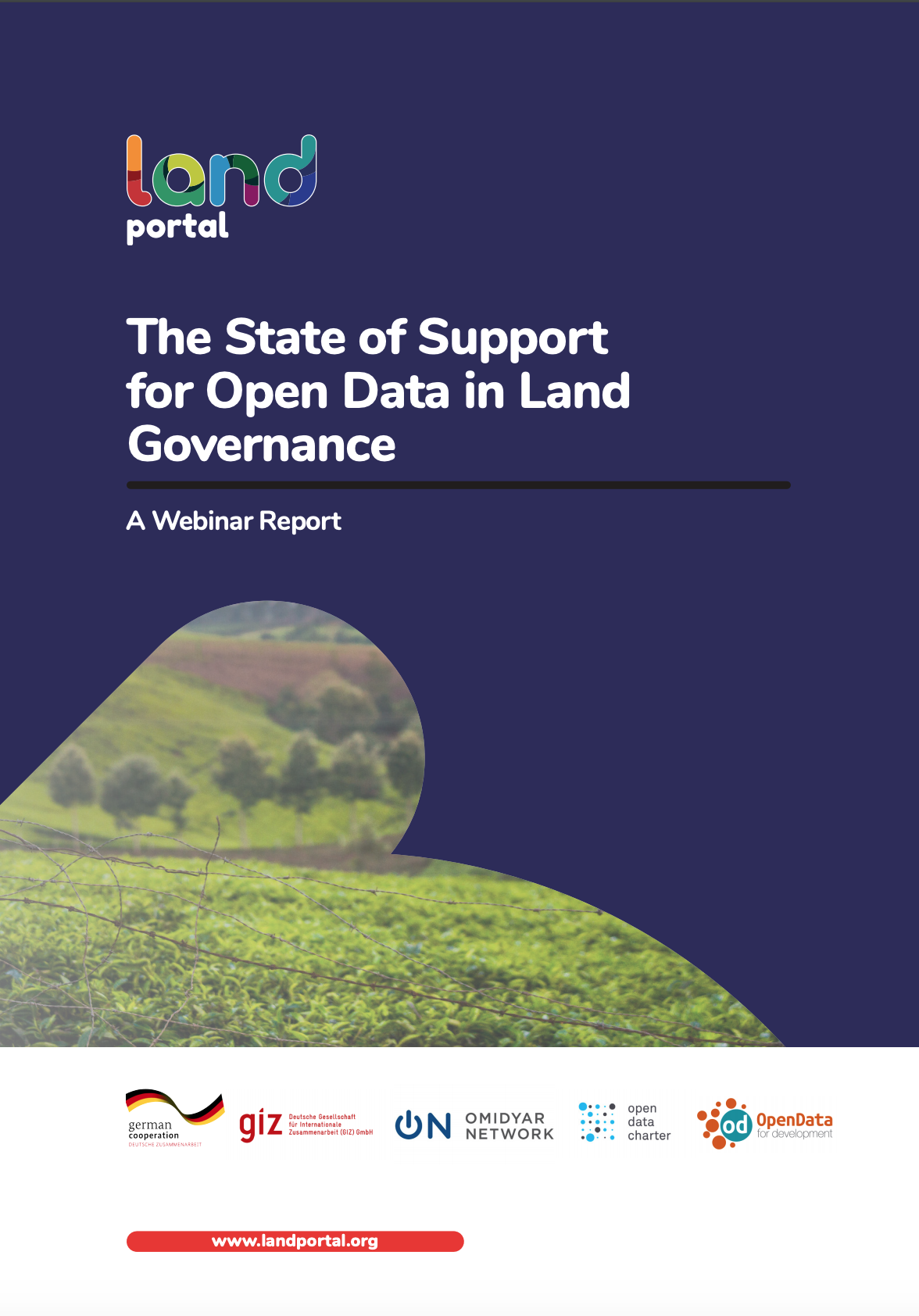Resource information
This September, the Land Portal hosted an online dialogue on ‘Open Land Data in the Fight Against Corruption’. This responded to a dual recognition that corruption remains a major issue in land governance, and that open data has been identified as a powerful tool in the fight against corruption. At the same time, gaps remain between the promise and the reality of open data in the land sector. Poor data availability, underdeveloped theories of change, and a lack of implementation support have all contributed to slowerthan-desired progress in data publication and use over the last decade. Whereas some sectors, such as agriculture, aid and procurement, have seen substantial transparency initiatives, land registers and data on land-deals remain opaque in many places around the world, and there has been comparatively little attention given to improving open data availability and use around land and anti-corruption. This is in spite of substantial donor support for the creation of digital systems in the land sector.
The conclusions from the recent State of Open Data book include calls for practitioners, policy makers and funders to provide renewed leadership for openness; embed open data approaches within problem solving, and within the wider sustainable development data agenda; integrate open data approaches within sectoral funding programs and focus on (open) data literacy. These recommendations reflect the changing landscape of open data a decade after it first gained global policy attention, and respond to the growing maturity of the open data debate, where issues of privacy, gender equity and indigenous data sovereignty have been subject of considerable focus. Panelists reflected on this and other issues.


